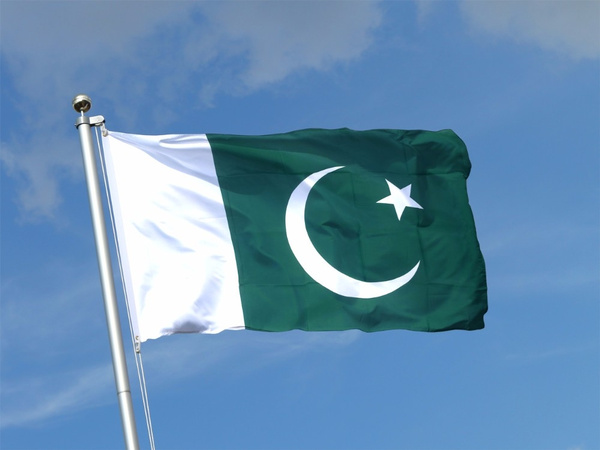
In its 77th year of Independence, it is time that Pakistan lives up to the ideals of its founders and its own Constitution.
At a conference organised by the Human Rights Commission of Pakistan (HRCP) to mark 50 years of the 1973 Constitution, speaker spoke of the need “to take stock of the Constitution as a social contract between citizens and the state. The Constitution could function as a living document only if Parliament had the wisdom and foresight to ensure that it evolved along with society and the state.”
Looking critically at the evolution of constitutional history in Pakistan in the first session, “HRCP Council member Nasreen Azhar pointed out that the Objectives Resolution—as part of the Constitution—had marginalized religious minorities. Researcher and constitutional expert Zafarullah Khan said that the Constitution should be considered a ‘user manual of statecraft’. ‘It should be reviewed and reconciled with its original spirit and evolving polity, which includes incorporating international human rights law into the chapter on fundamental rights,’ he said. Moderating the session, academic Dr Naazir Mahmood said that the Constitution needed to reflect the rights of children, youth and persons living with disabilities.”
Journalist Asma Shirazi, while moderating the second session on the relationship between the Constitution and federalism, “said that a ‘hybrid-plus state’ had weakened political parties. Former senator Afrasiab Khattak explained that the contradiction between the de jure and de facto state and ‘majoritarian tyranny’ had marginalized ‘peripheries’ such as Balochistan and former FATA. Public policy expert Abdullah Dayo said that a second charter of democracy was required that involved both mainstream and smaller nationalist political parties to build trust in and commitment to federalism.”
The third panel “assessed how far the Constitution protected the rights of the vulnerable and marginalized. Moderating the session, HRCP member Fatima Atif said that it was important to separate religion from the state. Transgender rights activist Nayyab Ali said that, although the Constitution protected the right to dignity and equality, it did not expressly specify that these rights applied to gender minorities. Rehman Bajwa, chief coordinator of the All Government Employees Grand Alliance (Pakistan), added that the Constitution did not expressly protect the rights of informal labour.”
Rights activist Ali Ahmad Jan “pointed out that an important element missing from the Constitution was its recognition of Gilgit-Baltistan and of ‘cultural minorities’, thereby compounding their vulnerability. Researcher and gender rights activist Dr Saba Gul Khattak said that the Constitution did not protect refugees’ right to livelihood, while Pritham Das Rathi, president of the Islamabad Hindu Panchayat, criticized its failure to protect religious minorities from violence. As Tariq Ghori, an activist with the National Commission for Justice and Peace, pointed out, Jinnah’s 11 August speech on the rights of religious minorities should be made part of the Constitution.”
In the fourth session “moderated by local government specialist Fauzia Yazdani, journalist Munizae Jahangir questioned the restrictions on freedom of expression under Article 19 of the Constitution. Former National Assembly member Daniyal Aziz criticized the role of the judiciary in supporting constitutional transgressions and recommended that the Council of Common Interests be strengthened through parties’ consensus. Asif Khan, chief executive of the Shaheed Bhutto Foundation, suggested that left-of-centre parties should take the lead in strengthening constitutional protection of labour rights. Former senator Farhatullah Babar concluded the session by pointing out that, while the 9 May riots should be condemned by all political parties, they should not be used as an excuse to cede space to undemocratic forces.”
![]()





